10 menopause symptoms
 Article Sources
Article SourcesMenopause marks the end of a woman’s childbearing years. At this point, she no longer has viable eggs and can’t get pregnant. Doctors define menopause as 12 months in a row without a menstrual period.[[1]] The average age for menopause is 51 in the U.S.[[2]] For many women, symptoms of menopause begin several years before menstrual periods stop, during the life stage known as perimenopause.[[2]] Even after a woman no longer has periods, menopause symptoms may persist for up to 10 years.[[2]]
Hot Flashes
Hot flashes are one of the most common menopause symptoms. In fact, roughly 75% of women experience them, even up to 14 years after menopause ends.[[3]] Researchers have yet to determine exactly why hot flashes happen, but changes in hormone levels are likely the cause.[[3]] During a flash, a woman’s upper body begins to feel hot. Sweating, red splotches, and chills may also occur.

Advertisement
Vaginal Dryness
During perimenopause and menopause, levels of the female sex hormone estrogen fall sharply, causing the body to make less natural lubricant than it once did.[[3]] In addition, the lining of the vagina may become thinner.[[3]] Together, these changes can cause vaginal dryness. Women with vaginal dryness may feel itchy or notice a burning sensation. Dryness can also make sexual intercourse painful and increases the risk of rips and tears in the lining of the vagina, leading to mild blood spotting.

Advertisement
Changes in Menstruation
As perimenopause progresses, women may notice differences in menstruation. It’s common to skip one or two periods or for their frequency to increase.[[1]] Changes to menstrual flow, such as heavier or lighter periods, may also occur.[[3]] Although women may find it harder to conceive due to irregular periods, they can still get pregnant during perimenopause. Typically, doctors recommend that women who don’t wish to become pregnant continue to use contraceptives until they go without a period for at least 12 months.[[4]]

Advertisement
Sleep Problems
Approximately 40% to 60% of women experience sleep problems during perimenopause and menopause.[[5]] Some women struggle to fall asleep at night, while others find it difficult to stay asleep or sleep for as long as they would like. The causes of sleep-related menopause symptoms are complex.[[6]] Hormonal changes play a role, but other symptoms of menopause, such as hot flashes, may also be the cause. Stress can interfere with sleep during menopause as well.
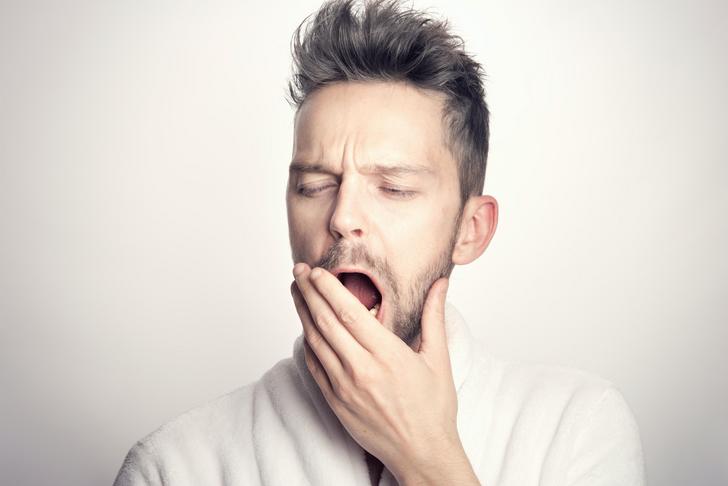
Advertisement
Brain Fog
An estimated two-thirds of women develop memory problems as a part of their menopause symptoms.[[3]] They may struggle to put names to face, recall facts, or misplace items. Difficulty concentrating and becoming distracted easily are also common. Experts have yet to determine why brain fog happens during menopause.[[7]] Hormonal changes are likely the driving factor, but sleep problems and stress may also contribute to the issue.
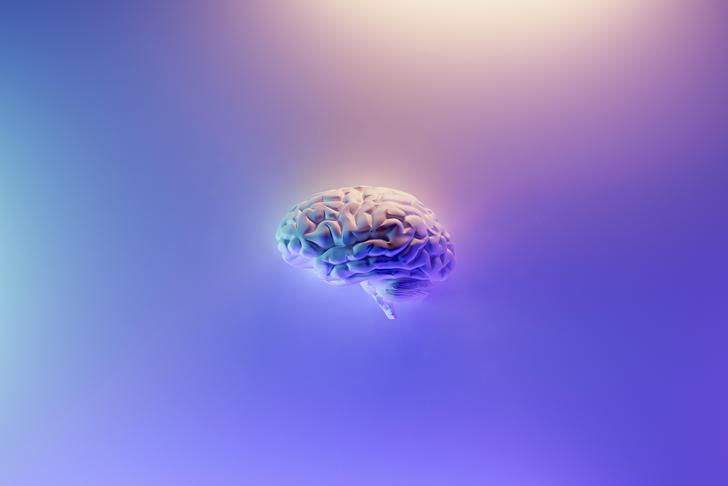
Advertisement
Urinary Problems
As estrogen levels decline, changes can occur in the urethra and the pelvic floor muscles that support the bladder, leading to urinary menopause symptoms.[[3]] Specifically, the urethra and the pelvic floor often grow weaker. As a result, urine may leak when a woman coughs, laughs, sneezes, or exercises. Doctors call this problem stress incontinence. The weakening of the urethra, along with vaginal dryness, increases the risk of inflammation in the genital area.[[8]] When this occurs, women may experience mild burning during urination.
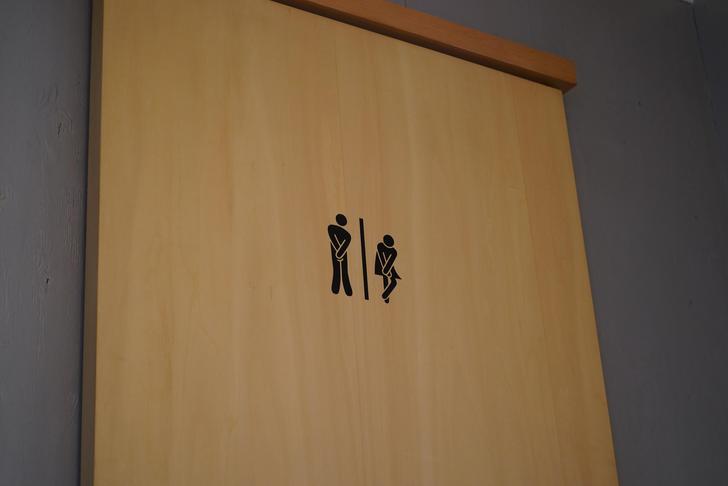
Advertisement
Changes in Weight and Body Shape
Changes in weight and body shape are symptoms of menopause that happen gradually. Hormonal changes can slow down metabolism, so women may gain weight, even if they don’t make significant changes to their diet or exercise routine.[[1]] Women may also find it more difficult to lose weight during and after menopause.[[9]] Menopause sometimes leads to changes in body fat distribution. For example, the breasts may lose fullness.[[1]] Increased fat storage in the belly and reduced muscle tone are also common.[[9]]
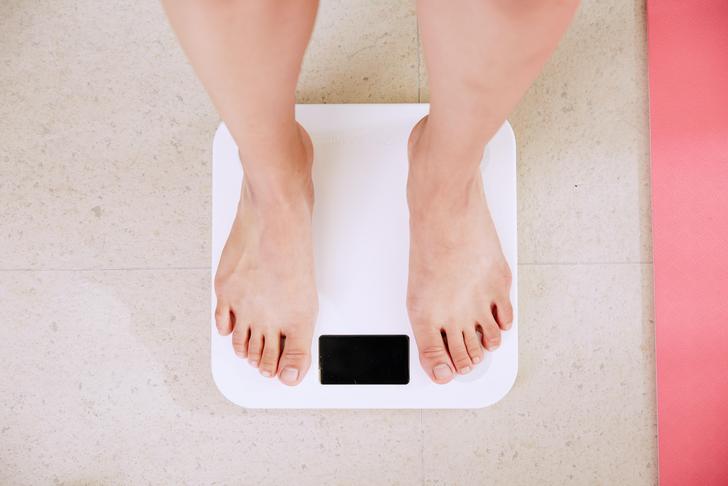
Advertisement
Changes in Hair and Skin
Drops in estrogen levels that occur with menopause can cause many changes in the skin. Rates of collagen production often slow down, leading to a loss of skin elasticity that makes fine lines and wrinkles more likely to form.[[10]] Dry skin is also a common symptom of menopause.[[10]] As hormone levels shift, women may also notice differences in their hair. They may start growing facial hair and/or experience hair thinning along the center of the scalp.[[10]]
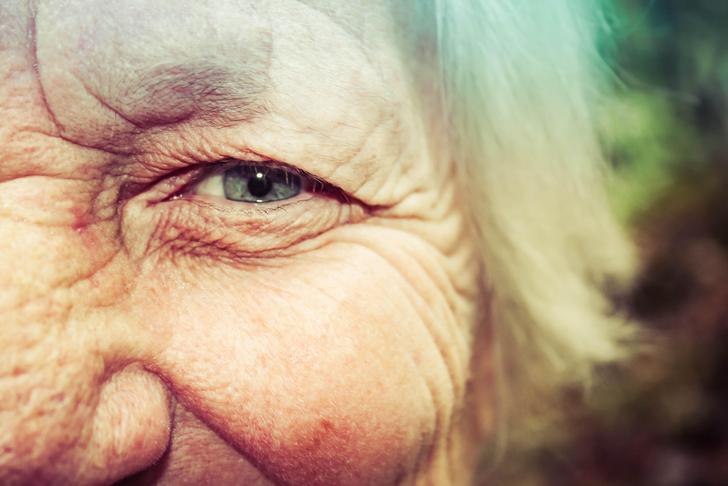
Advertisement
Depression and Mood Swings
Irritability and mood swings are common symptoms of menopause. Although they can affect anyone, menopausal mood changes are especially common among women who developed postpartum depression and/or experienced mood swings around their periods.[[3]] Mood problems during menopause may develop into clinical depression. Around 18% of women in early perimenopause and 38% of late-postmenopausal women struggle with this mental health problem.[[11]] Its symptoms include feeling sad or hopeless, loss of interest in favorite activities, fatigue, changes in appetite, headaches, and back pain.[[12]]

Advertisement
Anxiety
For some women, anxiety becomes a persistent problem during menopause.[[3]] They may experience a general feeling of anxiety that isn’t tied to any particular source. Physical symptoms, such as nausea, dry mouth, tingling in the hands and feet, and muscle tension, may occur alongside mental symptoms.[[13]] Panic attacks can happen during menopause, along with or independent of anxiety. A panic attack is the sudden onset of intense worry or fear, often accompanied by chest pain, heart palpitations, sweating, and difficulty breathing.[[13]]

Advertisement





